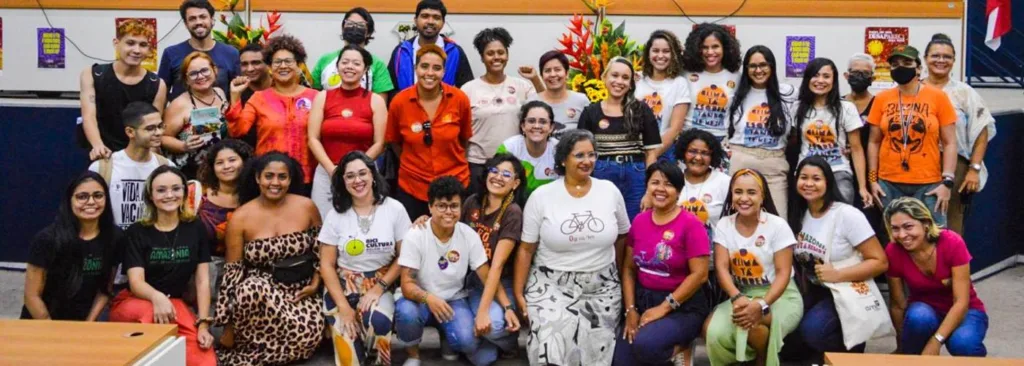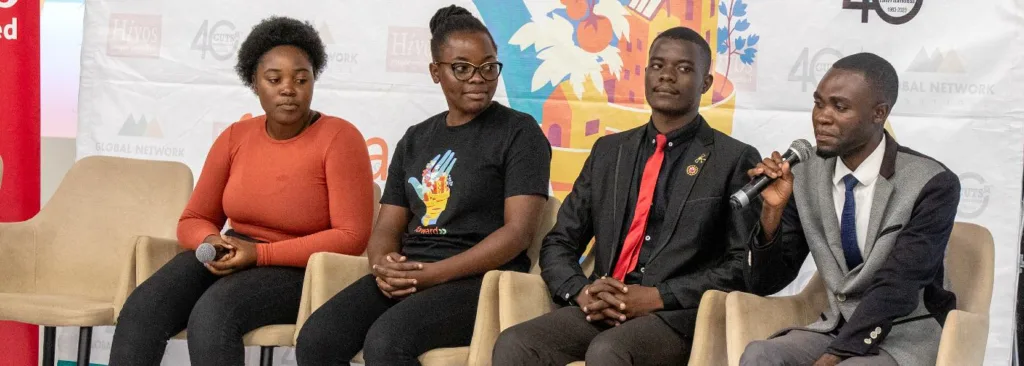This program has ended
Aim
To use and promote commercial beekeeping as an example of how to develop a business model that combines economic development with protection of biodiversity hotspots.
Where
Guatemala
Why
Traditional agricultural activities like slash-and-burn agriculture often damage the natural environment, especially in vulnerable ecosystems and biodiversity hotspots like nature reserves. Beekeeping, meanwhile, represents an eco-friendly and sustainable opportunity for low-income rural families to earn a better living while at the same time caring for the natural environment. Even in a heavily forested country like Guatemala, suitable areas for beekeeping activities are decreasing as the direct result of deforestation, monoculture, and the excessive use of pesticides that are extremely harmful to the environment. In some cases, this may lead to biodiversity loss, especially in hotspots like nature reserves.
How
APIS has established 14 beekeeping schools (apiaries with 20 beehives) where people can receive a beginner’s beekeeping course for free. The course covers the basics of beekeeping and involves different activities according to the beekeeping calendar of the region. To keep the learning process relevant and practical, the instructors alternate short theoretical lessons with hands-on practical exercises at the apiaries. Furthermore, in each community one person receives additional training so that he/she will become the local resource person for beekeepers in the area, once the project has finalized. APIS also supports existing beekeepers in each community with technical assistance and can help them sell their honey at preferential prices.




